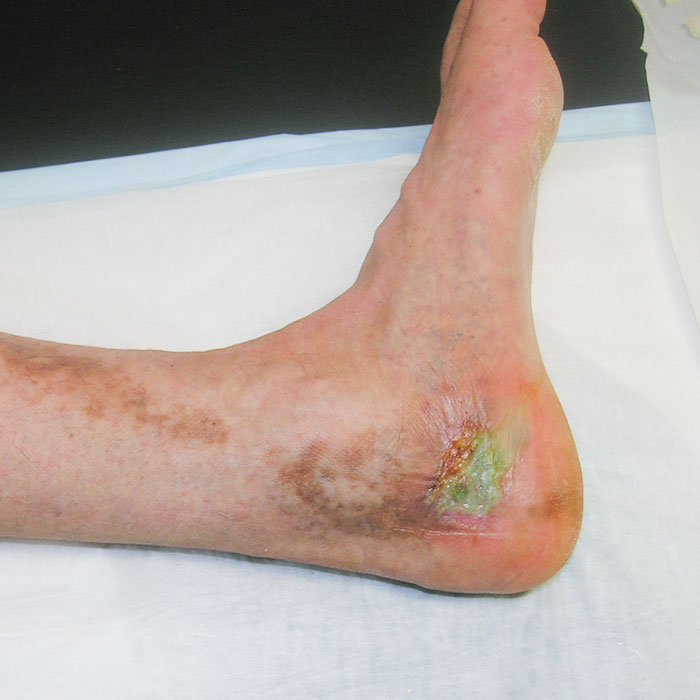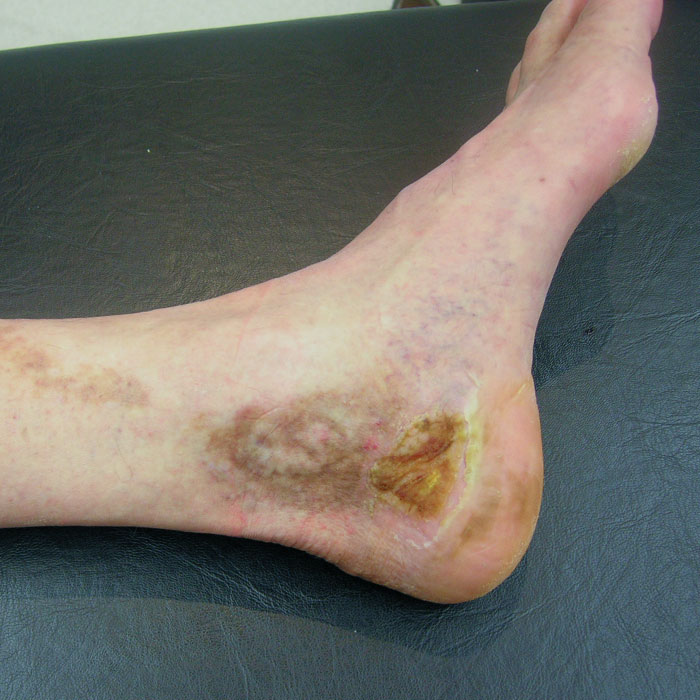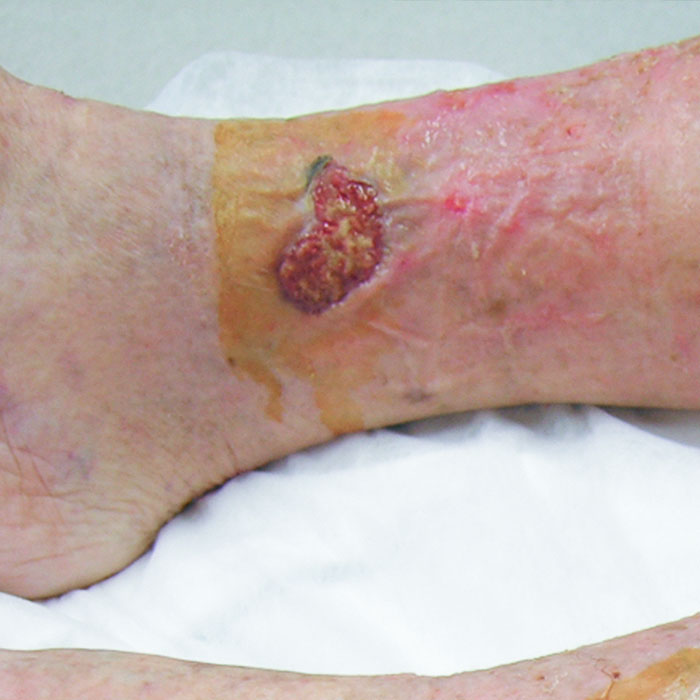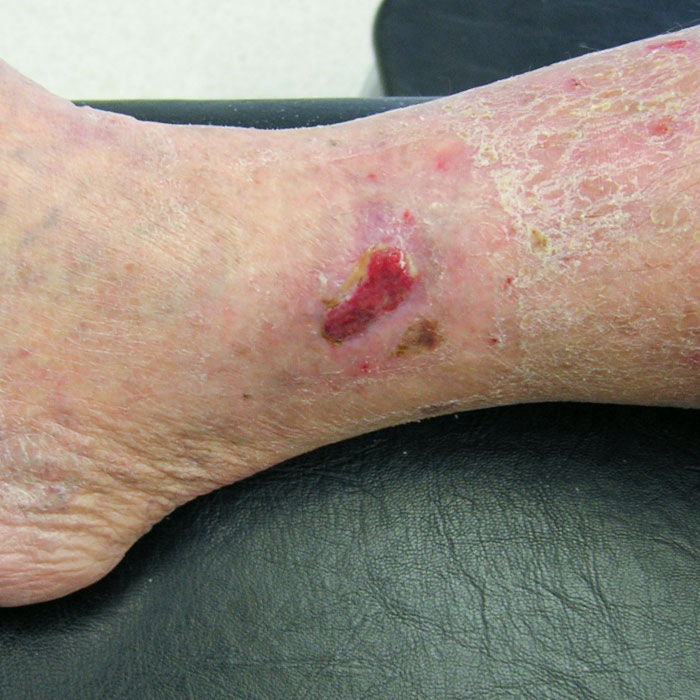Vein Conditions
Venous Ulcerations
What are Venous Ulcerations?
This is often the end state of poorly managed chronic lower leg vein problems, and venous abnormalities are the most common cause of lower limb ulceration. However, there are other potential causes of leg ulceration, and a thorough assessment by a doctor experienced in leg vein problems can often lead to the most appropriate treatment, and rapid improvement and resolution of leg ulcers.
Assessment of Venous Ulcerations
Past medical history, and the appearance of the legs and the ulcerated areas usually gives a clear indication of the underlying cause, whether it be venous, arterial, diabetic, neoplastic or of other, or mixed aetiology. Ultrasound examination generally provides the evidence to confirm this clinical impression and help to guide management of leg ulcerations.
Management of Venous Ulcerations
Treatment of underlying varicose veins, and the use of compression garments will usually bring about the rapid healing of venous ulcerations. Other factors such as antibiotics and dressing management are generally of secondary importance if the primary issue is underlying varicose veins.
Compression stockings are an essential component of treatment of varicose and spider veins of the legs. Almost all patients are required to wear stockings for 1-2 weeks following treatment with Sclerotherapy, Ultrasound Guided Sclerotherapy, Laser or Glue. Modern stockings, while tight, are usually of high quality, and often bring unexpected relief from leg aching and swelling.
Also known as Endovenous Laser Ablation (EVA), this is a very effective method for treatment of incompetent Superficial Trunk Veins, which are commonly the main problem underlying visible varicose veins. Dr McMaster uses EVLT to treat these veins in his rooms under local anaesthetic and ultrasound guidance.
Before / After Treatments




Frequently Asked Questions
If you have venous leg ulceration, it will begin to heal immediately following your vein treatment. The time taken to heal will depend on the size of the ulcer and other medical issues you may have, but it often takes several months.
This really depends upon the pattern of veins identified on ultrasound scanning, although there is usually incompetence of saphenous trunk veins requiring treatment with endovenous laser.
No, the sooner your veins are treated, the sooner your ulceration will heal.
